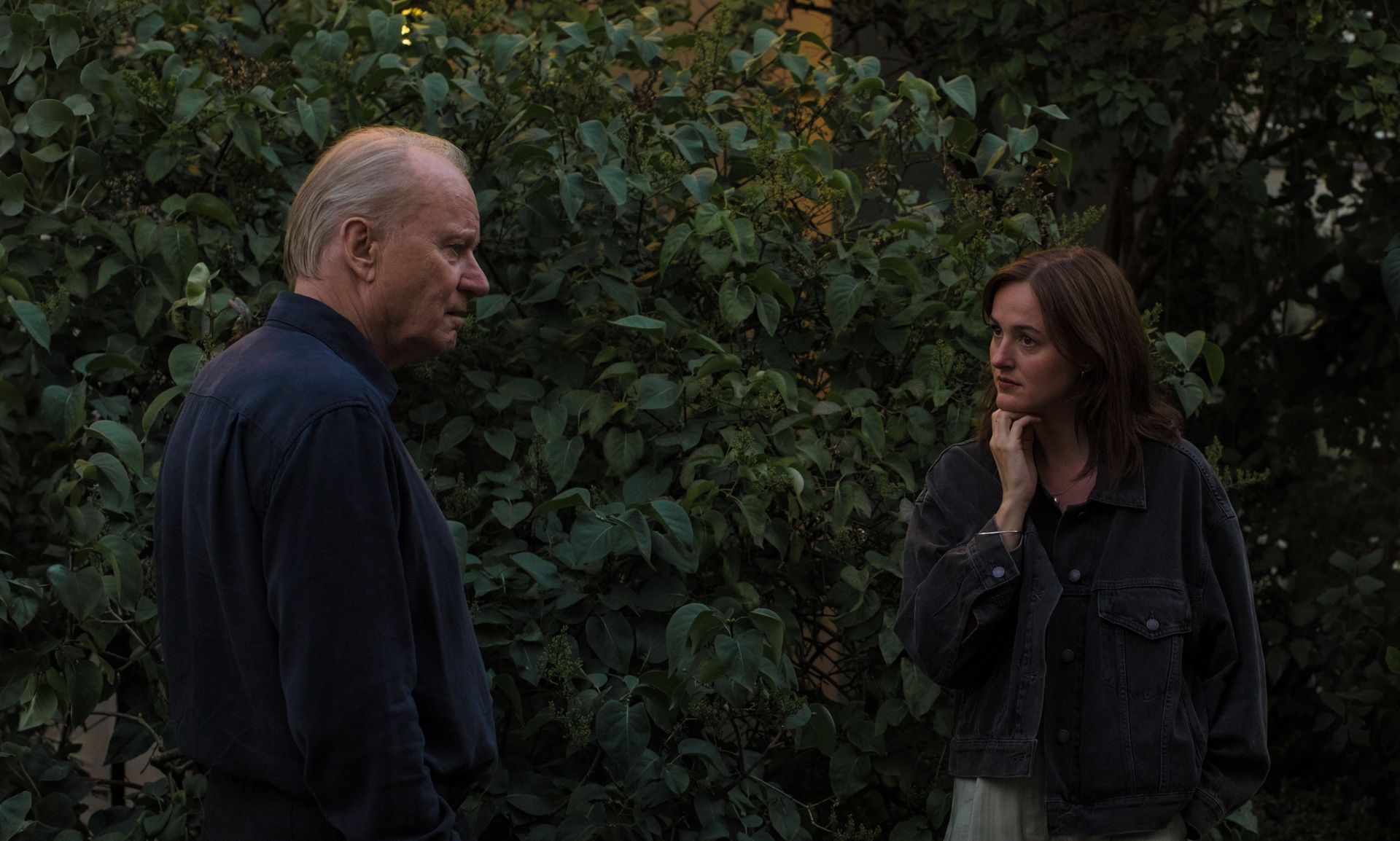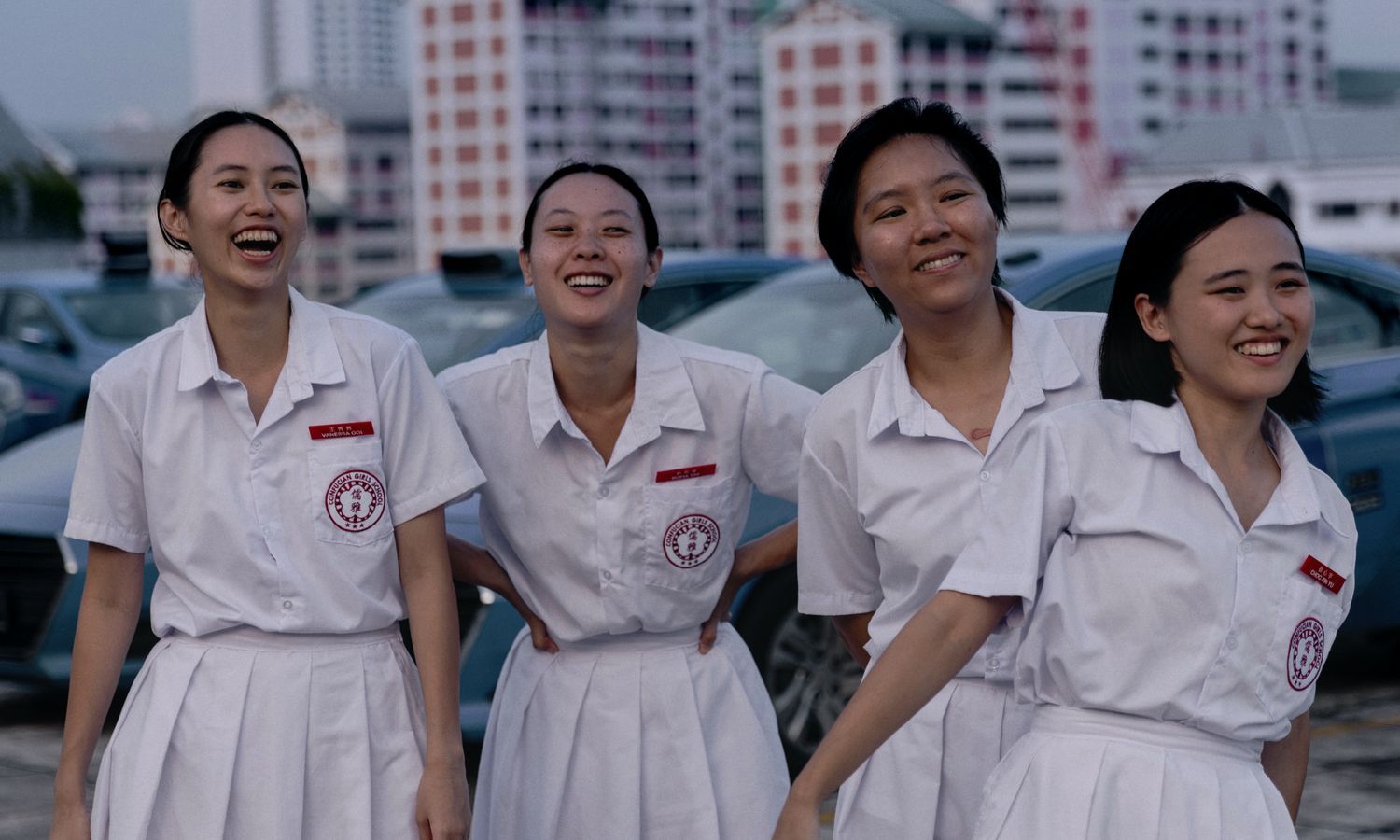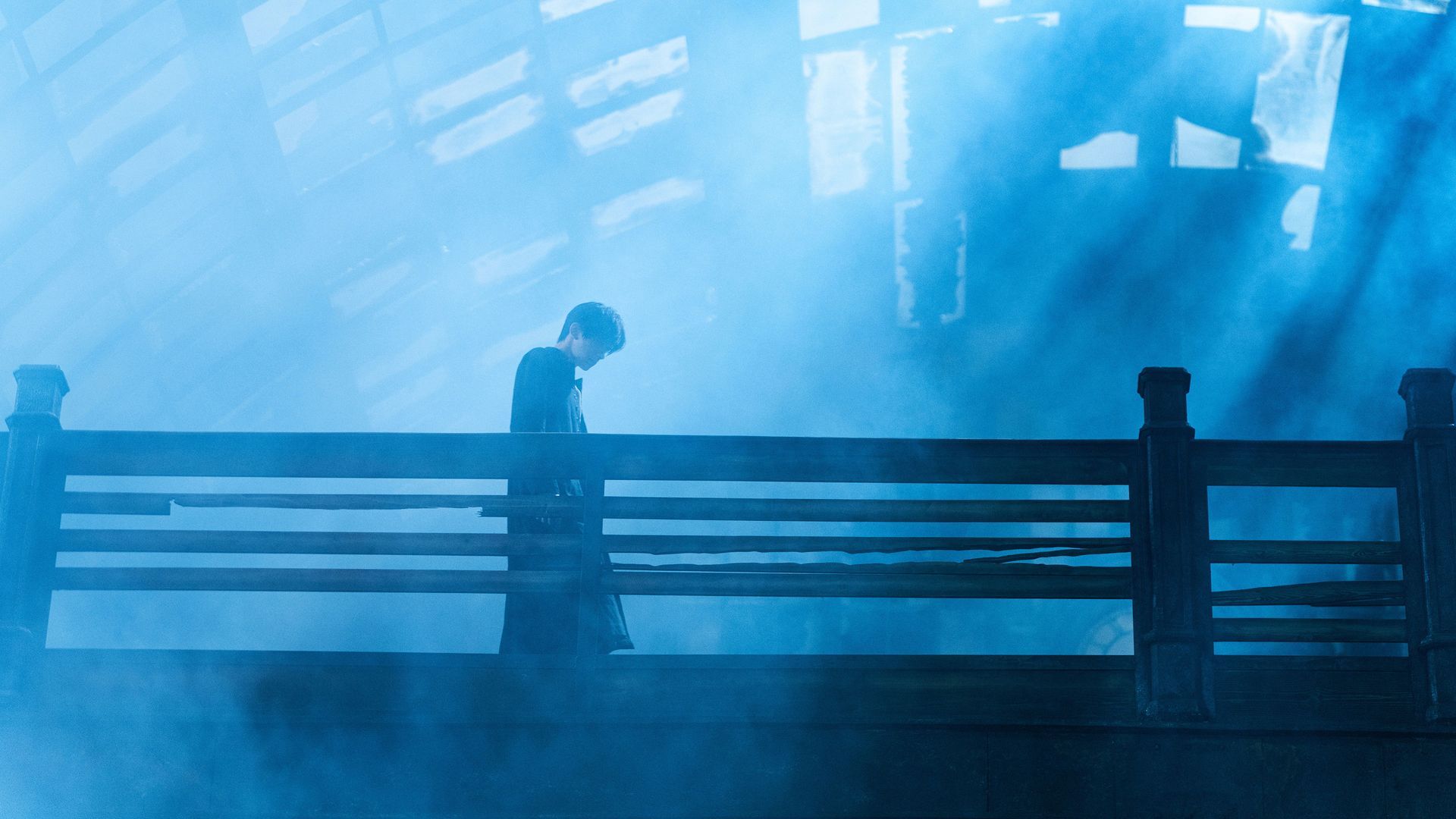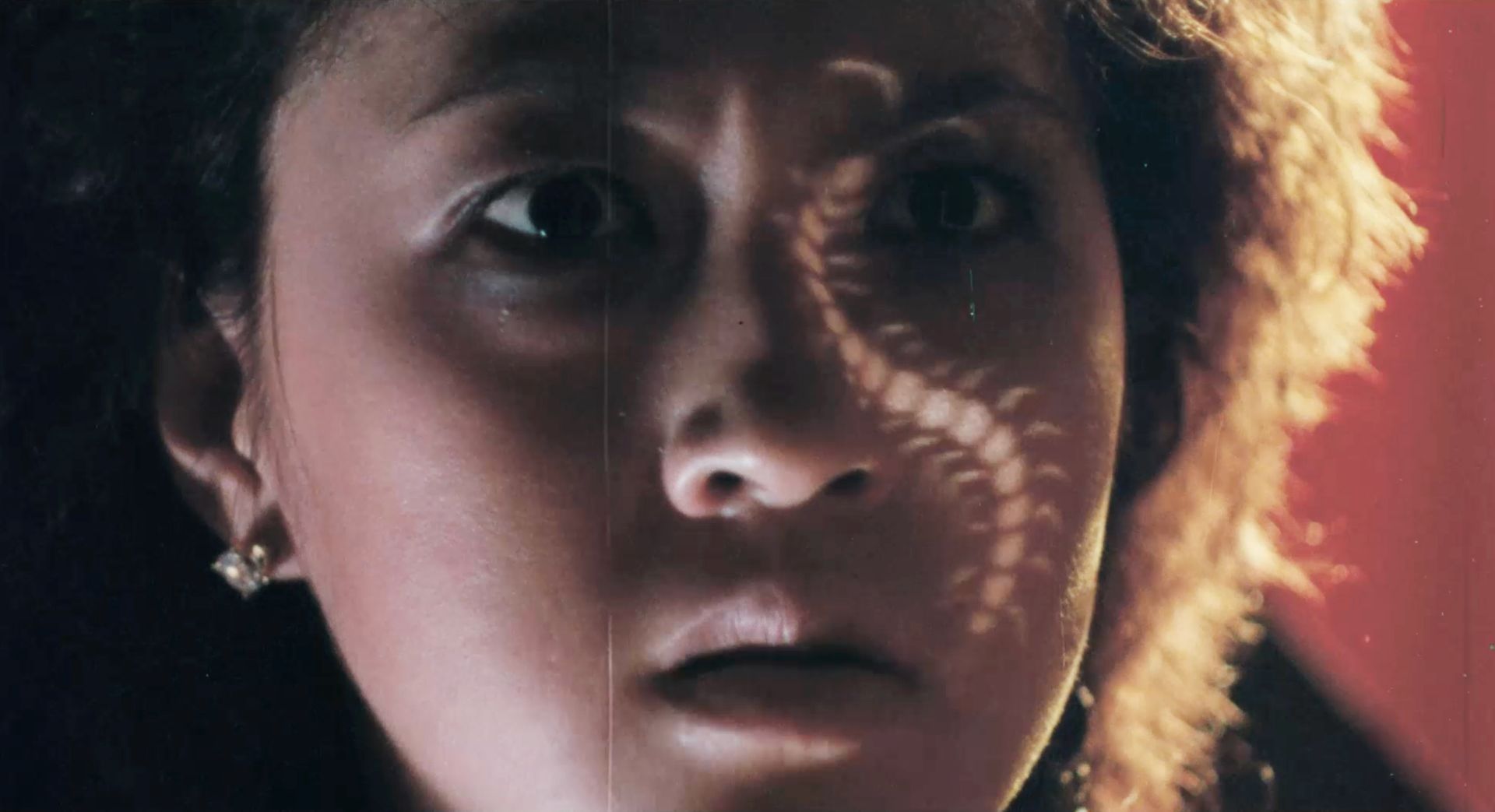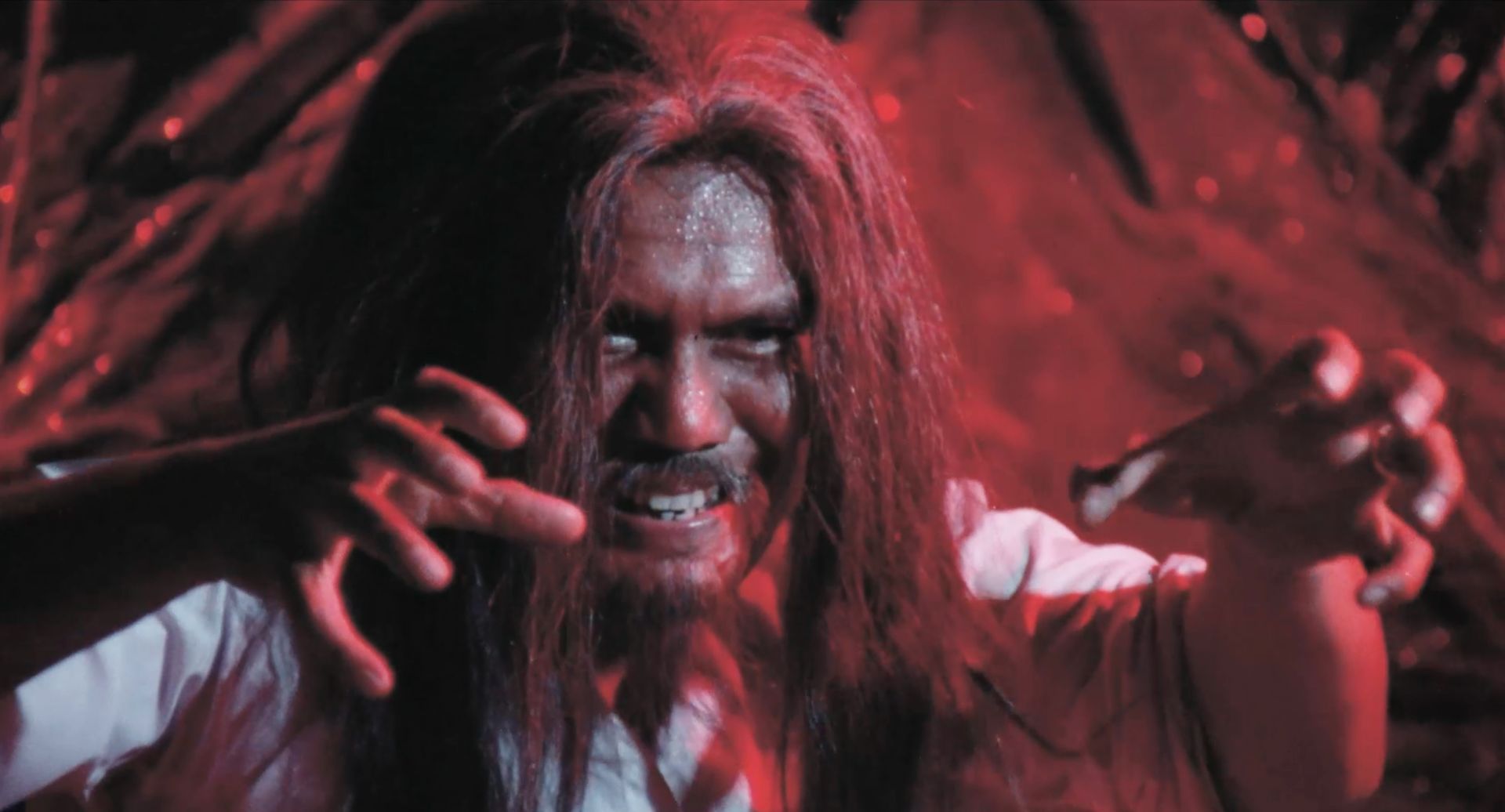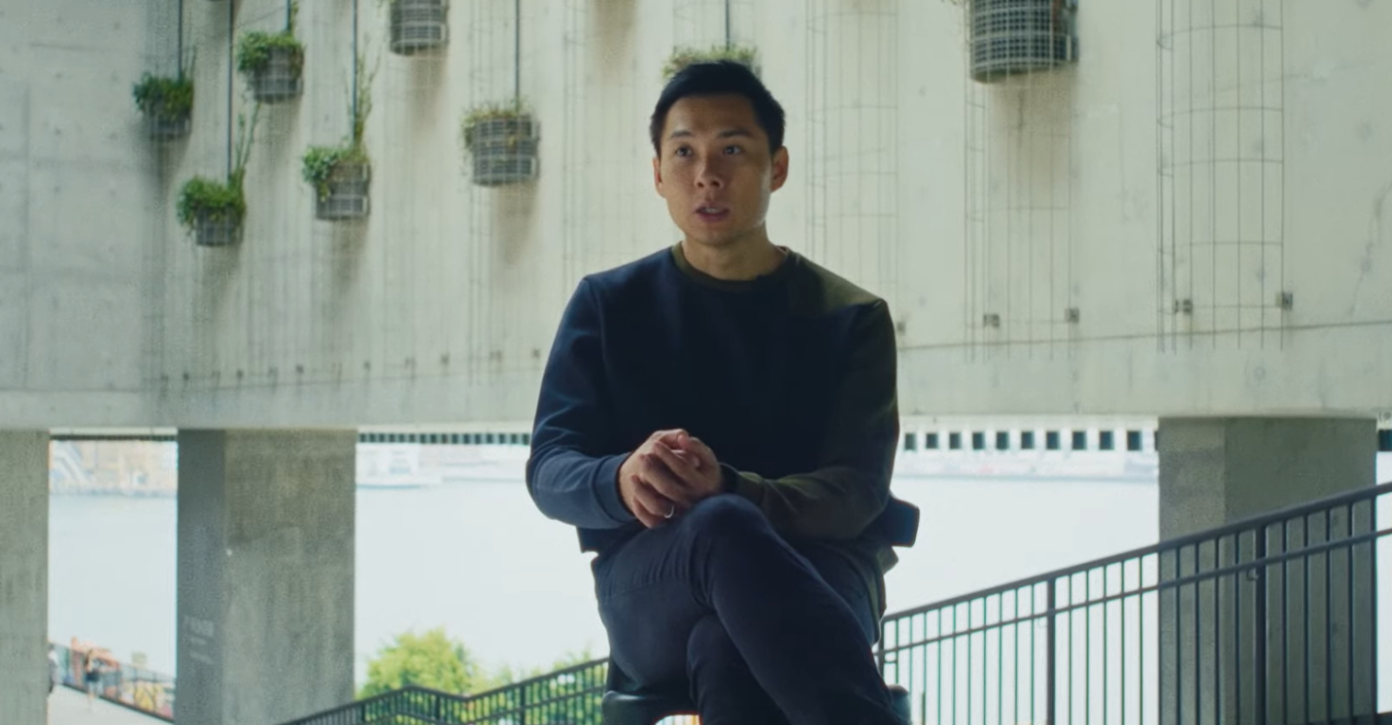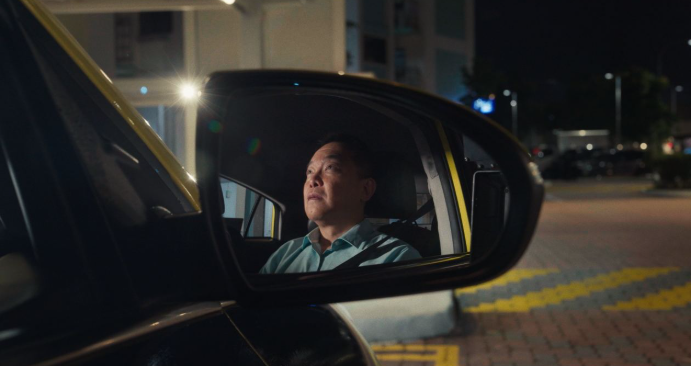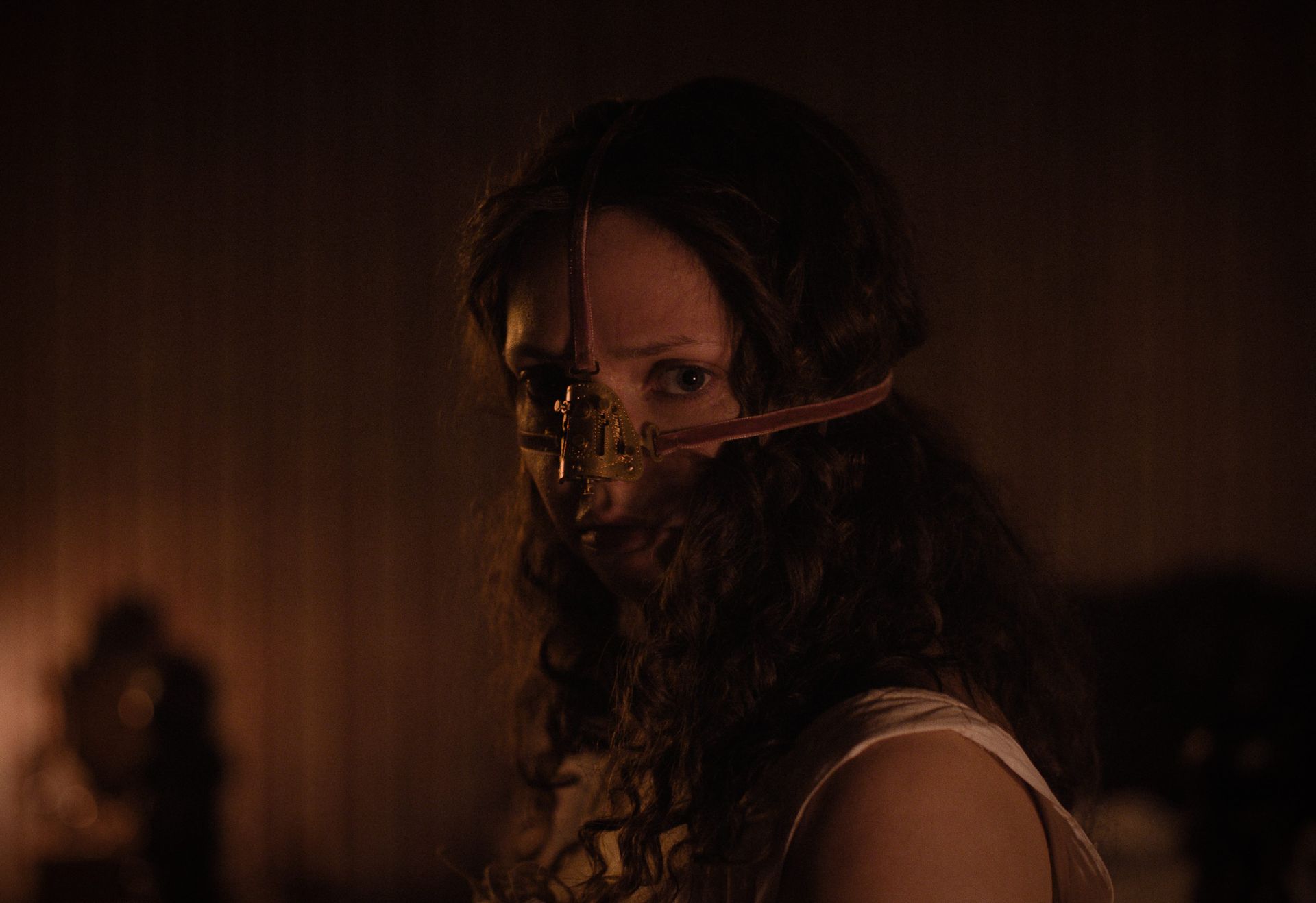Film Review #158: BIRTHMARKS (SYFF)
Creative Expression of the Intimate:
How up-and-coming creatives Katriel Sim and Jordon Gan expose their own vulnerabilities in pursuit of painfully relatable art that speaks deeply to the audience through their short documentary Birthmarks.
Birthmarks (2024) by Katriel Sim and Jordon Gan follows a seemingly banal family in Singapore. The cinema verite style short documentary spotlights filmmaker Jordan’s own family as they answer a series of questions pertaining to their family dynamics and how they eventually come together as flawed individuals, all in the hopes of addressing the pertinent question at the core of every familial connection; Is a parent’s love truly unconditional?
Cleverly intercutting scenes of the family seldom together, majorly as solitary talking heads, allows us to follow Jordan, his elder sister and his parents as we study the Gan family during tense family meals and thick pungent awkward pauses. They have a deep bond of familial love for each other, but like so many others, it simmers under the constraints of failed expectations, generational trauma and earnest though misguided miscommunication. Through the remarkable non-linear editing, the audience watches how the camera acts as the bridge between the family members as they finally communicate freely, no longer restricted by the reality of facing one another.
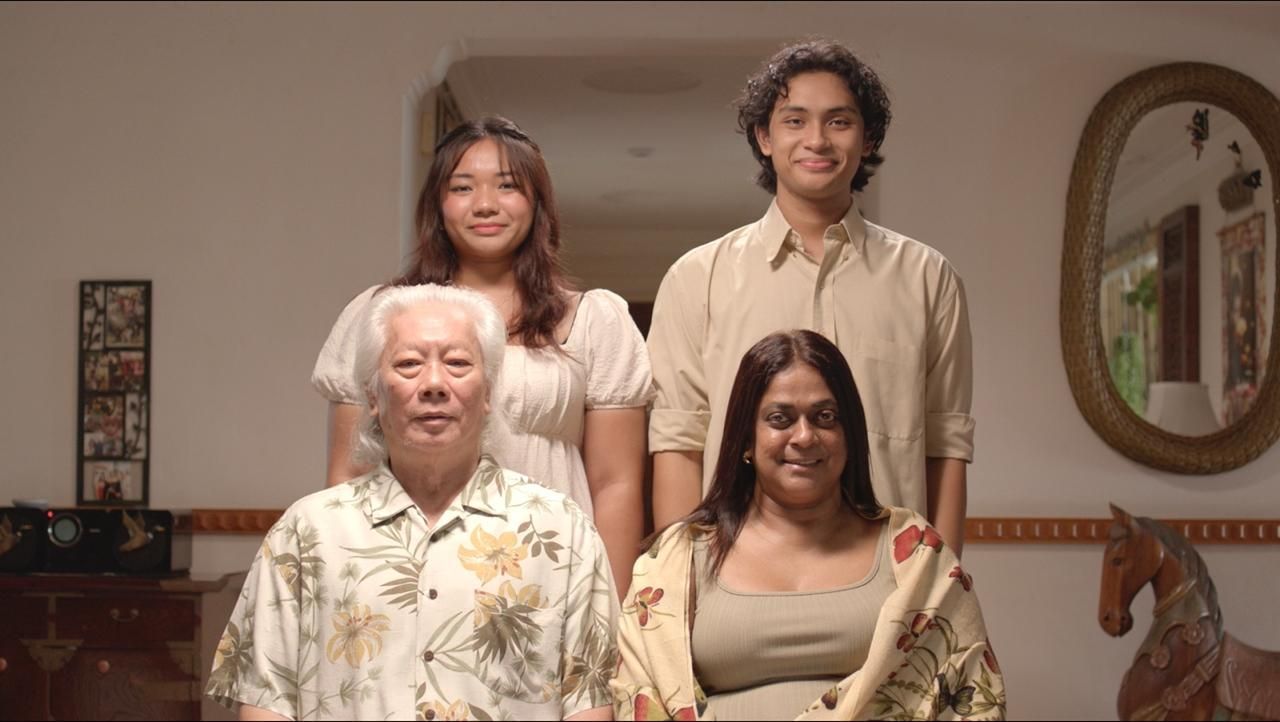
As Katriel expertly poses seemingly unassuming questions about love, duty and expectations, Jordon’s family finally address each other’s questions, creating a coherent conversation through an amalgamation of individualised monologues. The Gan family find comfort in the reassuring impartiality of a camera lens and thus Katriel astutely fit the puzzle pieces of conversations between father and son, mother and daughter together through her inquisitive questions.
The ‘characters’ in the documentary are painfully relatable, the harsh stoic patriarch, the warm pliant mom in pursuit of stability in a fragmented family and the hurt yet earnest children who yearn to hear their parent’s truth and be heard in return.
Birthmarks presents a surprisingly unbiased view that humanises every perspective in the family, a true testament to the maturity and tact with which the young filmmakers handled this subject matter.
Katriel and Jordon are exemplary filmmakers who displayed true artistic courage in their pursuit of creating a story around flawed family dynamics and the love-pain relationship that ensues from such, a reality that so many of us in the audience deeply admire to have represented. I gleaned more insight into their filmmaking process with the following interview.
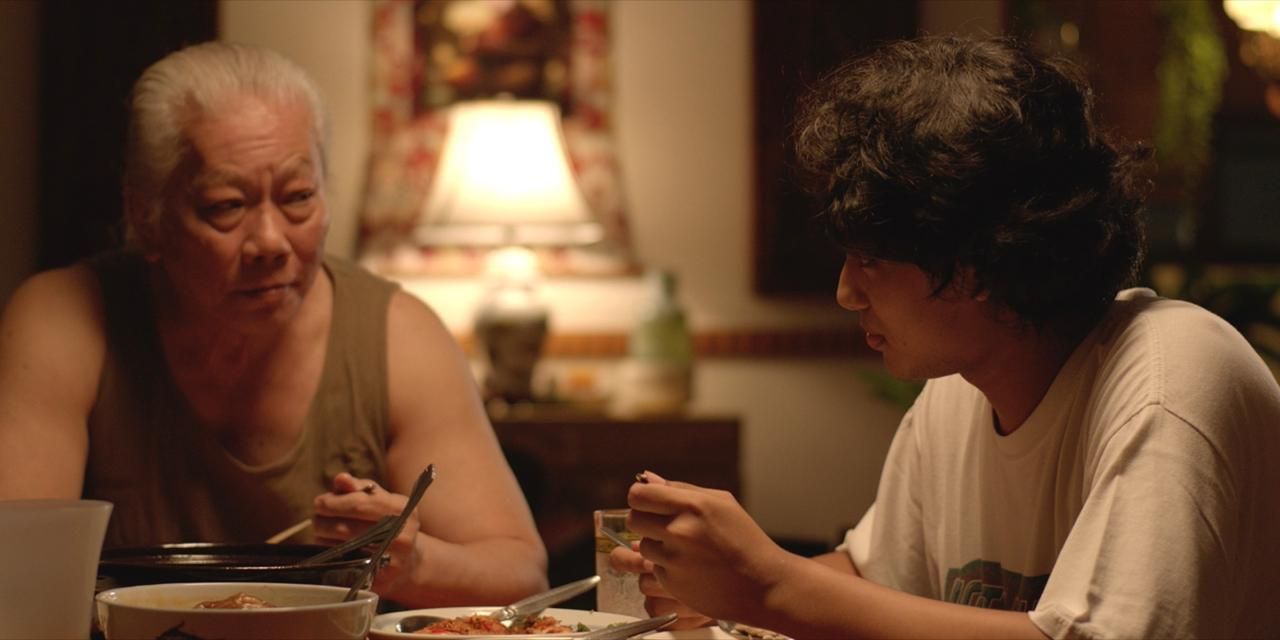
These are excerpts (edited for length) from our conversation.
How did it feel opening up your home and family life to be the subject of this documentary? How did you convince your family to take on this project too?
Jordon:
It was very uncomfortable, more so than I had expected when I committed to the doc. The crew was made up of my own classmates so it was very jarring to have all my deepest private matters dredged up for all my peers and university lecturers to see.
It took some convincing for my family to be down with getting involved too, my dad and my mother were down but I think my elder sister was interested because she saw this as an opportunity as a platform to expound her feelings and thoughts about the family, to express herself in a way that was never available before.
I don’t really think we knew what we were getting into when we started the project but going through this experience has been such an unexpected bridge for my family, like everyone’s perspectives have been merged like never before.
The film astutely positions different conversations together to create a conversation around one narrative. How did you prep these astute and inquisitive questions for the Gan family to make this editing possible?
Katriel: I had originally planned some questions around the ideas of family love and expectations, how they respond to each other when these expectations had failed. But more important was making connections in the process of questioning. I handled the entire questions process myself so I was aware of the direction of thought of each family member. The opportunity to bring them onto the same track required me to be quick on my feet and angle questions for them so that in a weird roundabout way, I was able to get them to answer Jordon’s question or Joy’s question and get an answer from Mrs.Gan from a throwaway comment by Mr.Gan. I redirected questions to everyone based on answers and opinions from other family members.
The challenging part was posing really deep personal questions to the adults of the household, especially since some people can naturally open up more than others to being vulnerable so I think my genuine intrigue in understanding their story helped them open up.
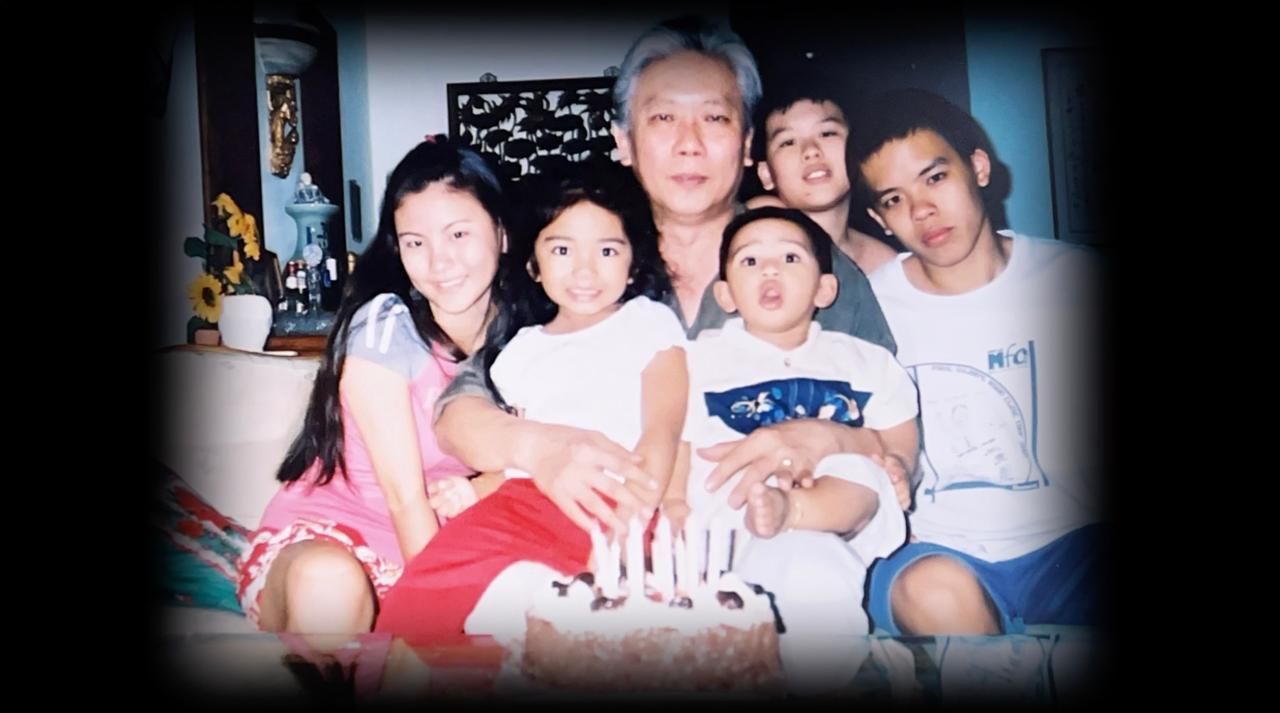
It’s quite interesting that this doc had two filmmakers at the helm. How was the process of collaboration, especially when the subject matter is so personal to one of you?
Jordon:
It was exactly what we needed for this kind of film. I was both the filmmaker and the subject so at times what I felt was best for the film was exactly what I did not want to have to do as the subject. I had to keep being reminded that what was beneficial for the truth of the film needed to happen (by Katriel) even though for me it was hugely uncomfortable and nowhere near where I wanted to venture.
Katriel:
The collaborative element with Jordon was essential exactly because the film was so emotionally vulnerable for him. It was about being realistic in what we could explore and tying the emotionality of the film to what we needed to get done, how deep I could probe him and his family members to get to the underbelly of their relationship. It was on me to encourage him to ‘push deeper’ but also be there to manage the necessities of the film, the crew and work with Jordon and his family.
It’s interesting as an outsider looking in because that is exactly the perspective that the audience has watching this movie too so I was the kind of stand-in for what the audience was eventually going to see. I was able to be as swift and efficient for the film because I was personally removed from the emotionality.
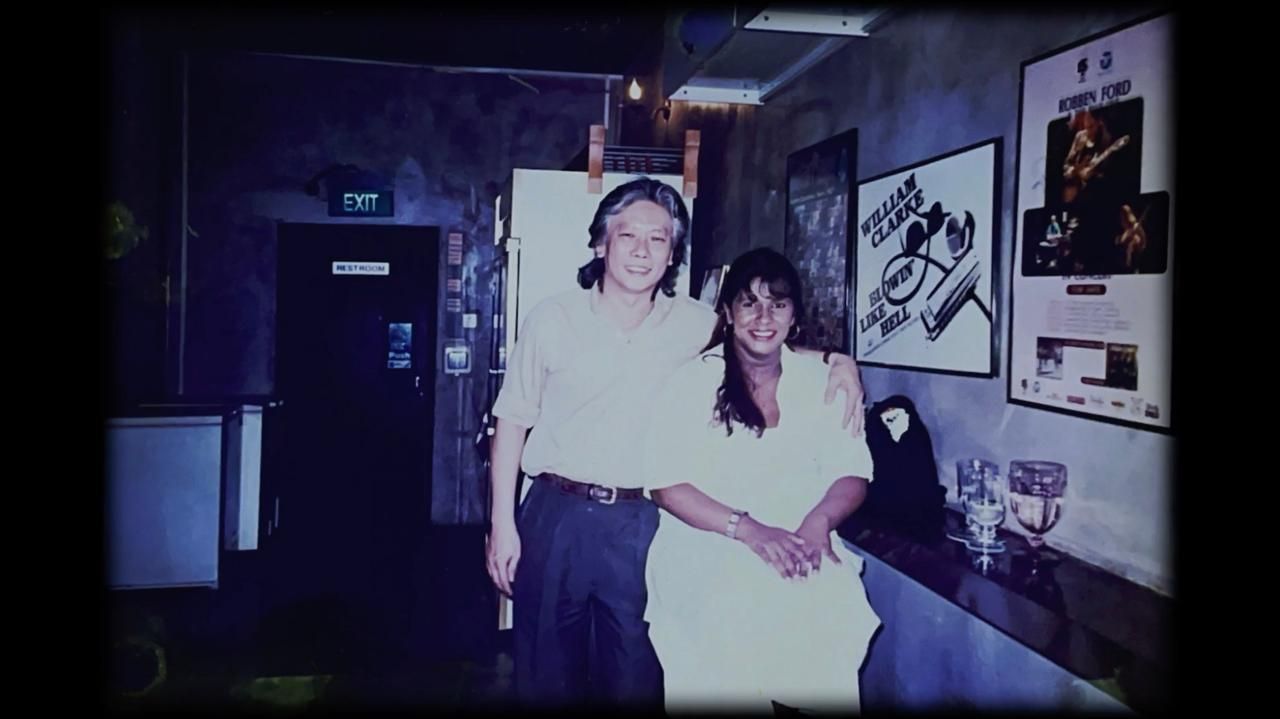
The film addresses complex personal issues and their nuances in a mature manner. How do you think your age, benefitted/ contributed to making this film?
Katriel:
Tiktok was really helpful for me to approach this film. I would frequently look up research videos that discussed parenting styles and this acted as my coping mechanism too, kind of like getting therapy from Tiktok. That community of information helped me learn a lot about parenting and being a child. It helped me see things in varied perspectives and I was able to bring that to this film.
Our generation is more open to talking about personal issues, maybe it’s a form of trauma bonding that's the norm now but this makes us feel more comfortable in addressing issues that older gens may have told us to brush under the carpet.
Jordan:
Our age played a big part of shaping the film. We really wanted to prioritize the gritty raw truth rather than a polished, more sophisticated take. Even if being so open could cause my sister and I to come off as ’juvenile’ or ‘immature’, I think that as 20-year-olds, we don’t need to put on a front and present ourselves as what we aren’t. In the process of cutting the film together, we tried our best to present the crude reality as we saw it, ‘immaturity’ and all.
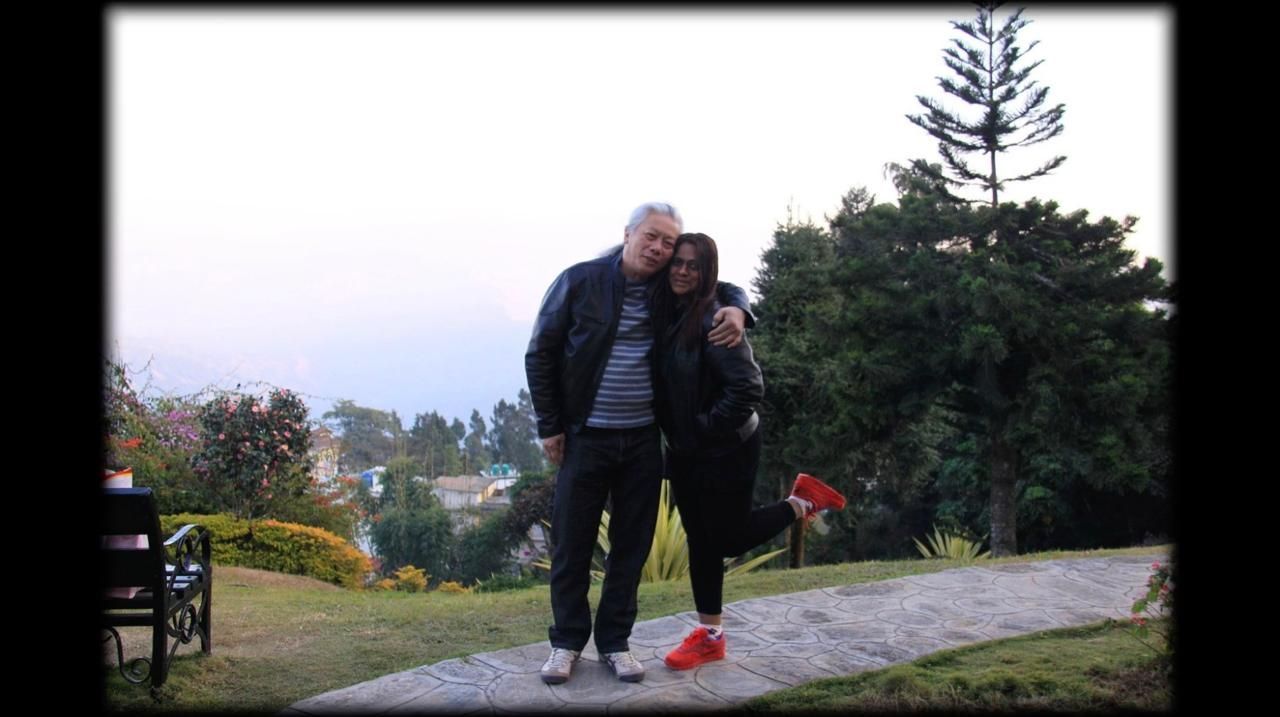
What do you hope audiences take away from this movie?
Jordon:
Well, I don’t hope for one condensed takeaway that everyone walks away with, rather I hope that this movie gives people trapped in different situations what they need to feel seen. For example, an eldest daughter who watches this film might feel overwhelmed with rage, another child may feel overwhelmed with compassion, parents may feel heard and seen and represented in a really true way. What makes this movie authentic is the amalgamation of different perspectives so I hope that whoever watches this movie walks away feeling whatever they need to.
I want to highlight how everyone is still just learning how to get through life, even our elder generations and though we can all disagree, that doesn't mean anyone's perspective should be vilified, especially within our families. I believe we know ourselves from how we know others, so I’d just hope the audience questions how they can know themselves from knowing their closest relationships better.
Katriel:
When it comes to any family, it’s very interesting that most of us live in the same house, share a lot of our time and most of our experiences but we perceive these shared moments so vastly differently. A lot of differing perspectives arise in families, especially as people feel angry, hurt or even guilty with each other. I hope this film allows them to feel validated in their emotions, that though we should strive to understand each other’s points of view, our own emotions are just as valid and what we choose to do to face them is crucial.
How we move on is important and we should feel comfortable with what we need to do to process our pain in our own way.
---------------------
About the author: Perpetually curious about film, art, and thought.
This review is published as part of *SCAPE’s Film Critics Lab: A Writing Mentorship Programme, with support from Singapore Film Society.

